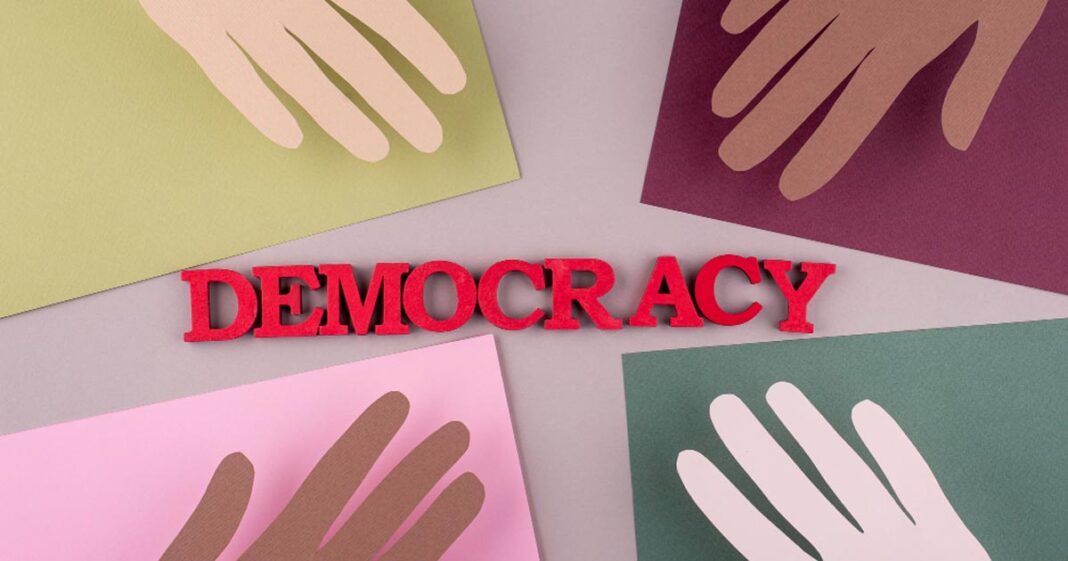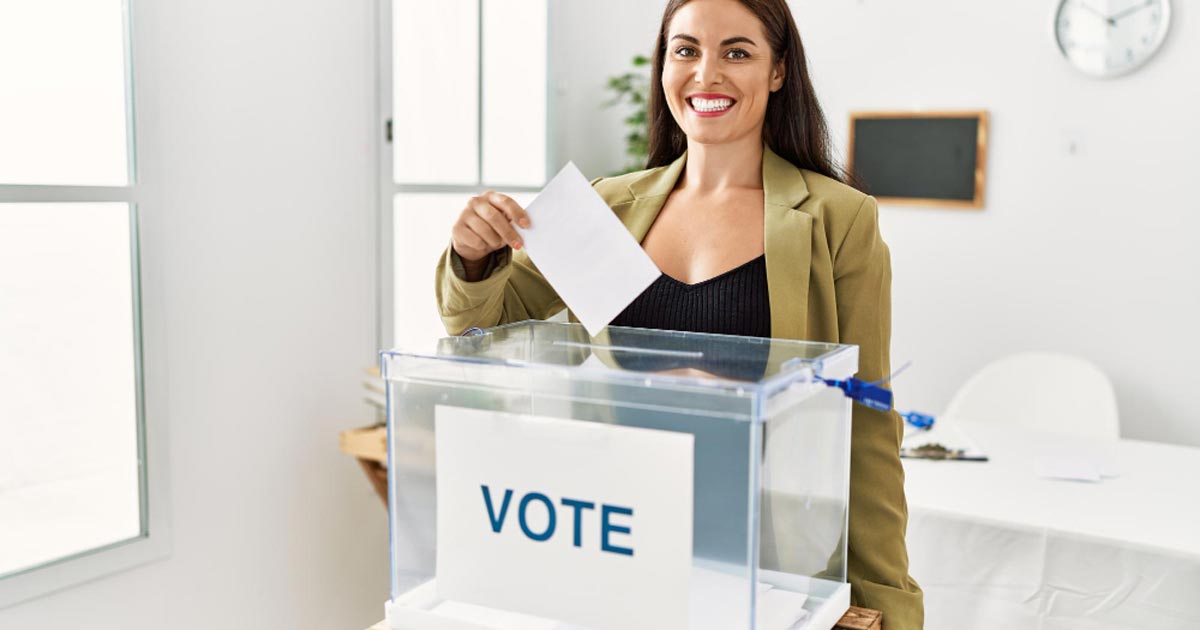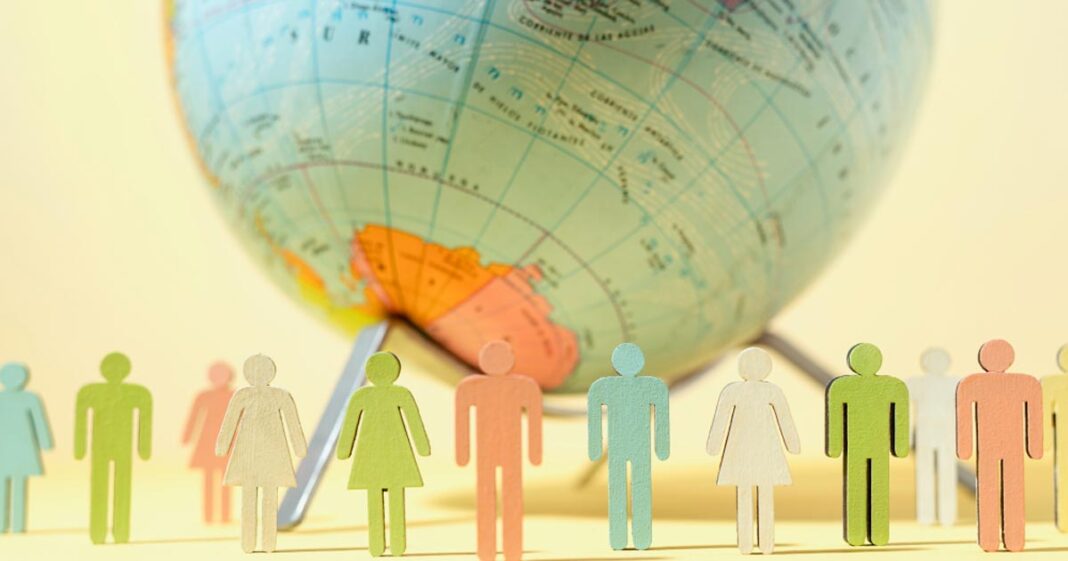Introduction
Elections are the cornerstone of democracy, giving citizens the power to choose their leaders and influence policies. From shaping economic agendas to determining social justice initiatives, the ballot box is a powerful tool for change. But how do elections truly impact democratic societies, and what challenges threaten their integrity?
The Role of Elections in Democracy
At its core, democracy thrives on participation. Elections provide a platform for:
– Accountability: Leaders must answer to the public, ensuring transparency.
– Representation: Different voices, from various backgrounds, can shape governance.
– Peaceful Transitions of Power: Elections prevent political instability and violent takeovers.
Case Studies: Elections That Changed History
1. The 1994 South African Elections – The End of Apartheid
In one of the most significant elections in history, South Africans of all races voted for the first time in 1994. This election led to Nelson Mandela’s presidency, marking the end of apartheid and the beginning of a new democratic era. It demonstrated how elections can heal divisions and promote national unity.
2. The 2000 U.S. Presidential Election – The Power of Every Vote
The George W. Bush vs. Al Gore election highlighted the importance of every single vote. The outcome was decided by just 537 votes in Florida, showing how small margins can shape national and global policies. It also sparked debates on electoral processes and voting integrity.
3. The 2014 Indian General Elections – The World’s Largest Democratic Exercise
With over 550 million voters, India’s 2014 elections saw a major shift in leadership, bringing Narendra Modi to power. It was a testament to how democracy thrives even in large and diverse nations, giving citizens a direct role in governance.
Challenges Facing Elections Today
Despite their importance, elections worldwide face growing challenges:
– Voter Suppression: Tactics like restrictive ID laws and gerrymandering limit fair participation.
– Misinformation & Fake News: Social media spreads false narratives, influencing voter decisions.
– Low Voter Turnout: Many democracies struggle with declining participation, weakening the system.
– Foreign Interference: Cyber-attacks and propaganda campaigns can manipulate election outcomes.
How to Strengthen Electoral Integrity
To protect democracy, governments and citizens must work together:
– Implement Stronger Voting Laws: Transparent processes build trust.
– Promote Voter Education: Informed citizens make better choices.
– Leverage Technology Carefully: Secure voting systems can prevent fraud.
– Encourage Participation: Grassroots movements can boost voter engagement.
Conclusion
Elections remain the most powerful tool for shaping democracies. From ending oppressive regimes to ensuring progressive policies, every vote matters. However, protecting electoral integrity is crucial to ensuring democracy remains strong and effective. The future of governance depends on an informed and engaged electorate—because when people vote, democracy wins.






